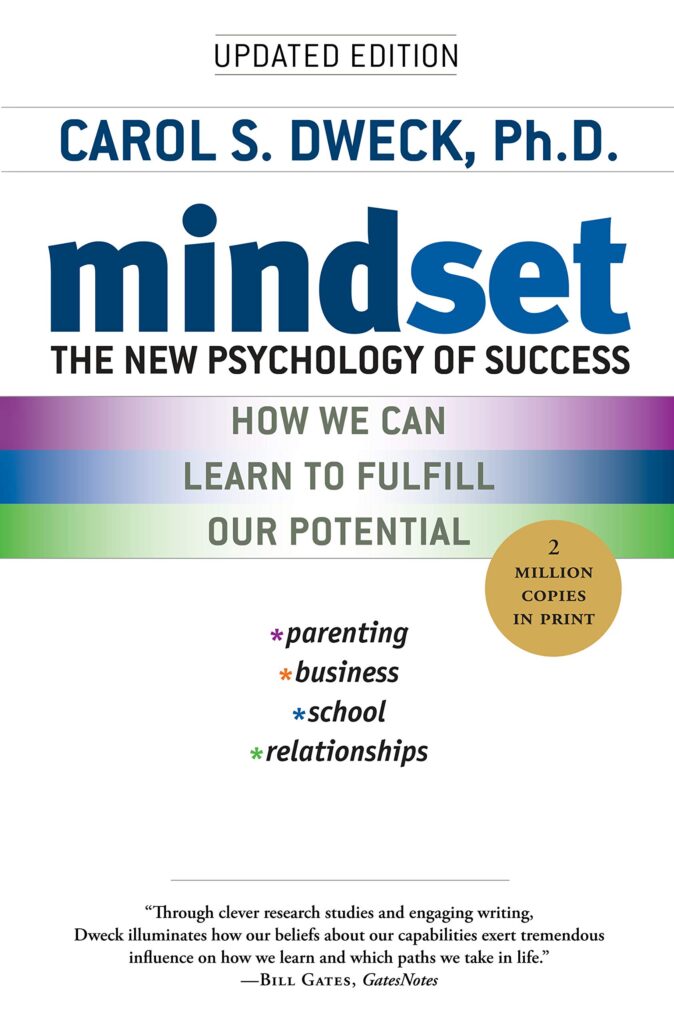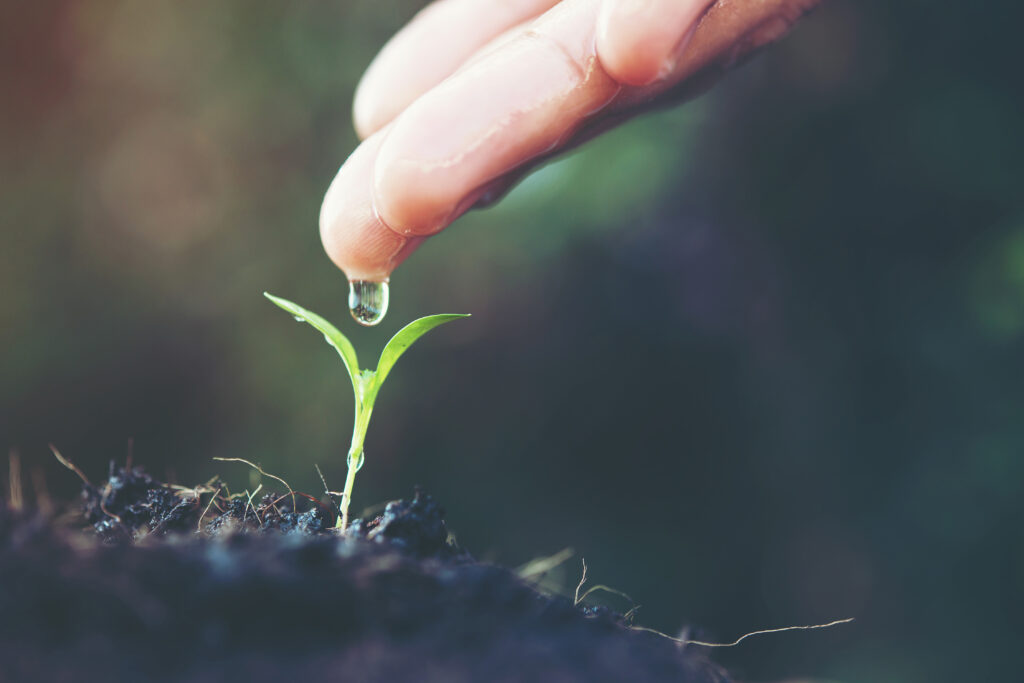I recently listened to a talk where the speaker addressed goal setting and why we tend to fail. She suggested that in setting a goal, you think about the timeline and then put yourself at the finish line. Next, imagine your life in reverse, tracing a path from this future date all the way back to today. What will it take to get there? Be honest with yourself, and make an exhaustive list: actions, time commitments, sacrifices, etc. You can reach that goal, but not without checking all of those boxes. Now, are you truly willing to do what it takes? How important is that goal?
A growth mindset is central to my coaching philosophy. It is at the heart of my beliefs surrounding our abilities to set and reach goals across domains and throughout our lifetimes. It is the backbone of Well Together Now. In fact, I suggest that growing a WELLcommunity is not possible if we are fixed.

What is a growth mindset? For an in-depth and inspiring answer, I would recommend heading straight to the source and reading Carol Dweck’s Mindset.
For this post, allow me to point to some key attributes.
Folks with a growth mindset:
- believe that potential is not fixed
- use honest self-assessment to inform decisions for continued improvement
- maintain that achievement is not tied to what comes “naturally or easily”
- understand that with effort and practice come success and satisfaction
- accept failure as an essential part of the learning process
- differentiate fear of challenge from fear of danger
- recognize that improvement requires time outside of one’s comfort zone
This list is not exhaustive. Still, it highlights themes of resilience and perseverance. Growth mindset replaces “You can’t teach an old dog new tricks.” with “You’re never too old to set another goal or to dream a new dream.” ~Thank you C.S. Lewis.
Now let’s apply this to goal setting.

Changing habits takes time and effort. Whether it be enhancing nutrition choices, improving activity level, or increasing minutes spent reading. Along the way, you will experience setbacks and may need to make revisions. If you have a growth mindset, then you accept this as part of the journey. You expect to face obstacles and, at times, even welcome revision as an opportunity for fine-tuning.
Along that journey, you will also encounter incremental markers of improvement. These benchmarks, no matter how small, feed momentum for people who share this mindset. Progress is not tied simply to massive milestones and public recognition. Worthiness of process is defined by genuine desire and a belief that you will reach the goal. It’s all about perspective measured in steps versus miles or minutes versus days.
Growth is germination.
We plant a seed and water it regularly. Much to our surprise, it does not thrive. Come to find out that the sun angle didn’t allow for enough hours of direct rays, so we change the location.
Next season comes and goes with not a bloom to enjoy. This time we learn that the soil in the new location was too sandy, so we build a raised bed.

In season three, we plant our seed in the raised bed with nutrient-rich soil, adequate sunlight, and regular water. Our persistence is rewarded with beautiful blooms appreciated by many who pass our garden. Those visitors see and complement our results. An accomplishment made possible by a mindset rooted in resilience.
The journey to first bloom didn’t end with the first or second mistake. Instead, we assessed and revised the plan. We don’t need a green thumb, just a growth mindset.
My challenge to you this month: Consider how mindset plays a role in your journey – as a parent, professional, athlete, or as a human.
Keep in mind: Success is not limited by failure in growing seasons past. Success is bolstered by the lessons harvested from each attempt.

How does this align with your views about growth and learning? Join the conversation in the comments.

